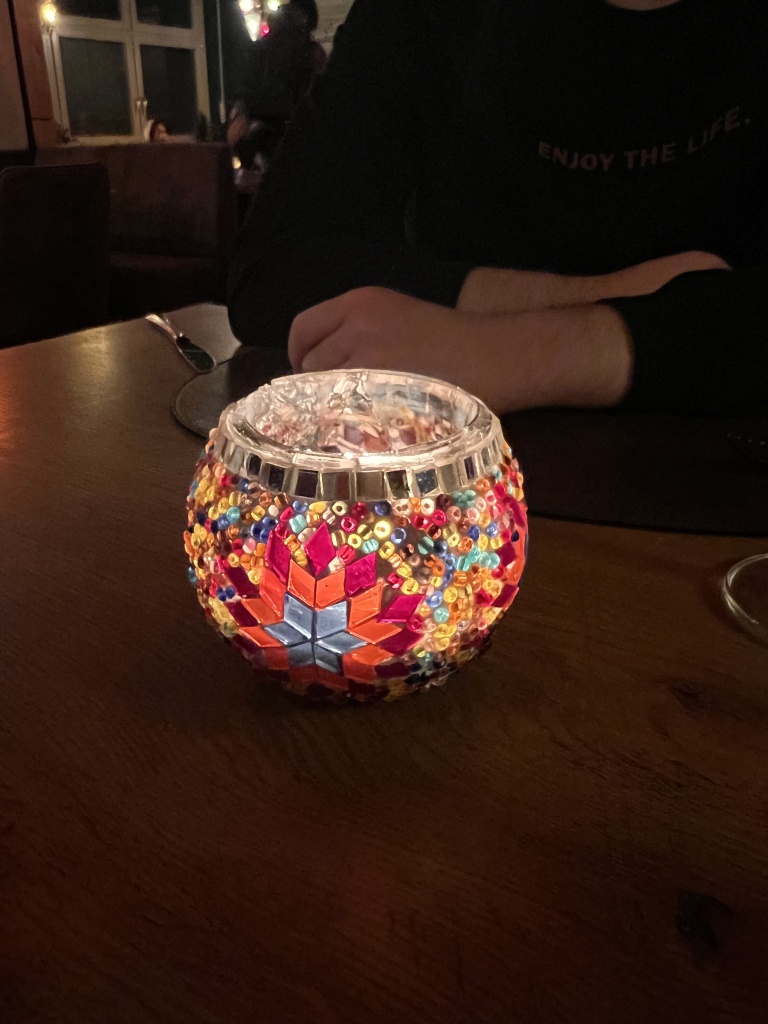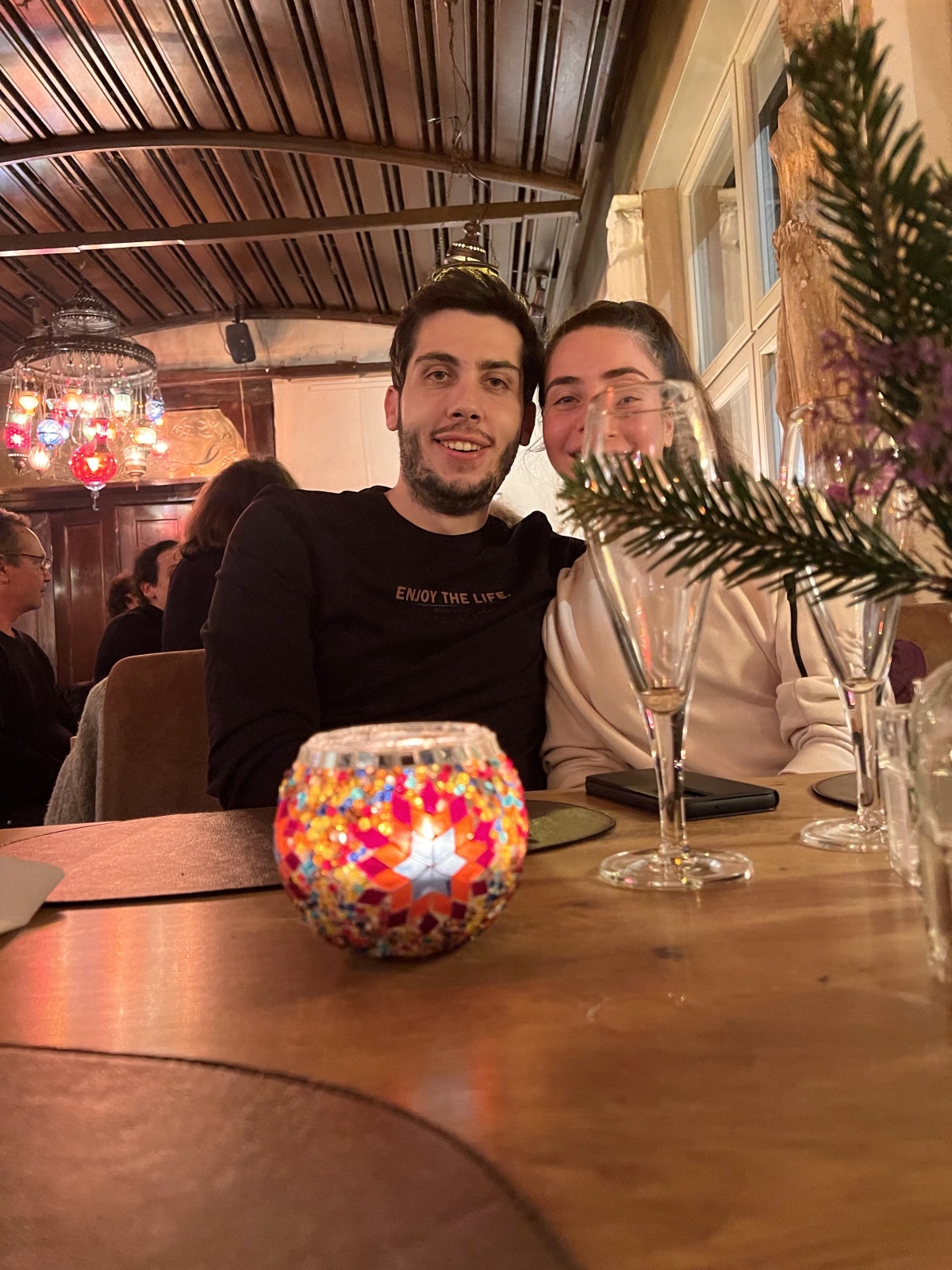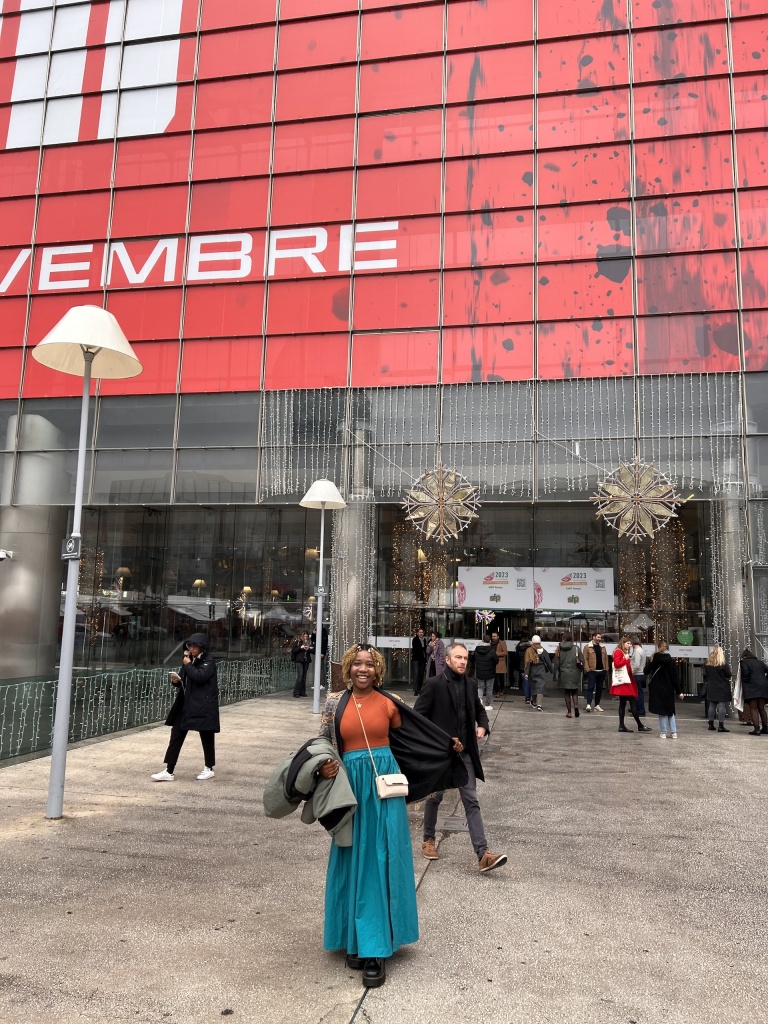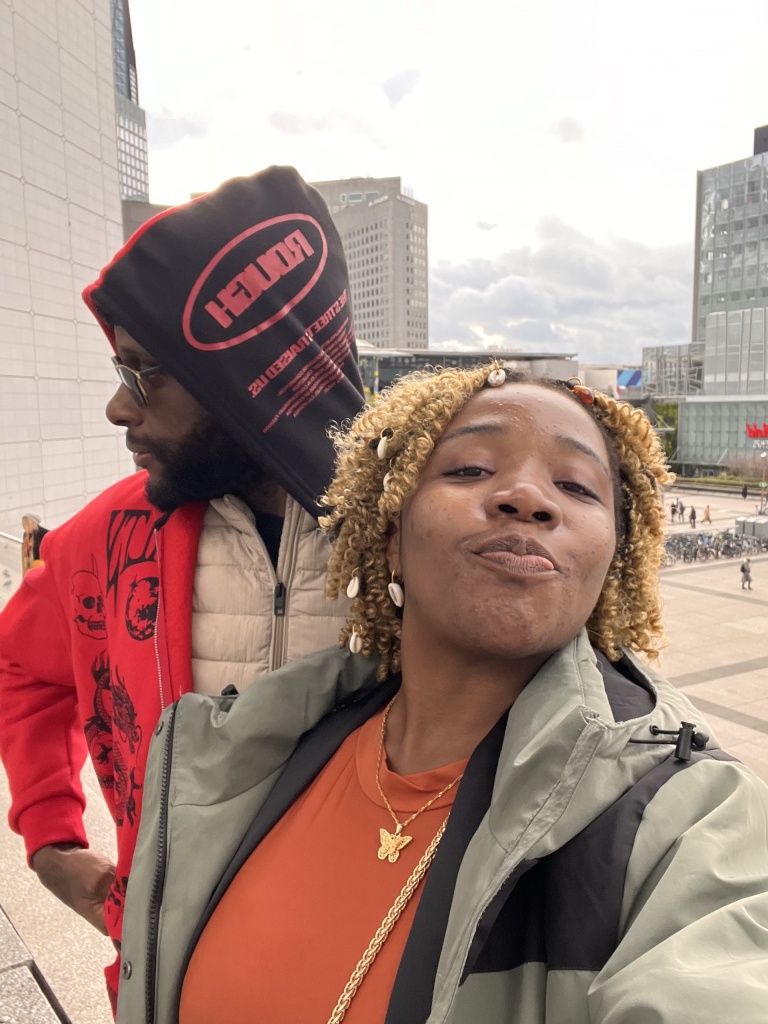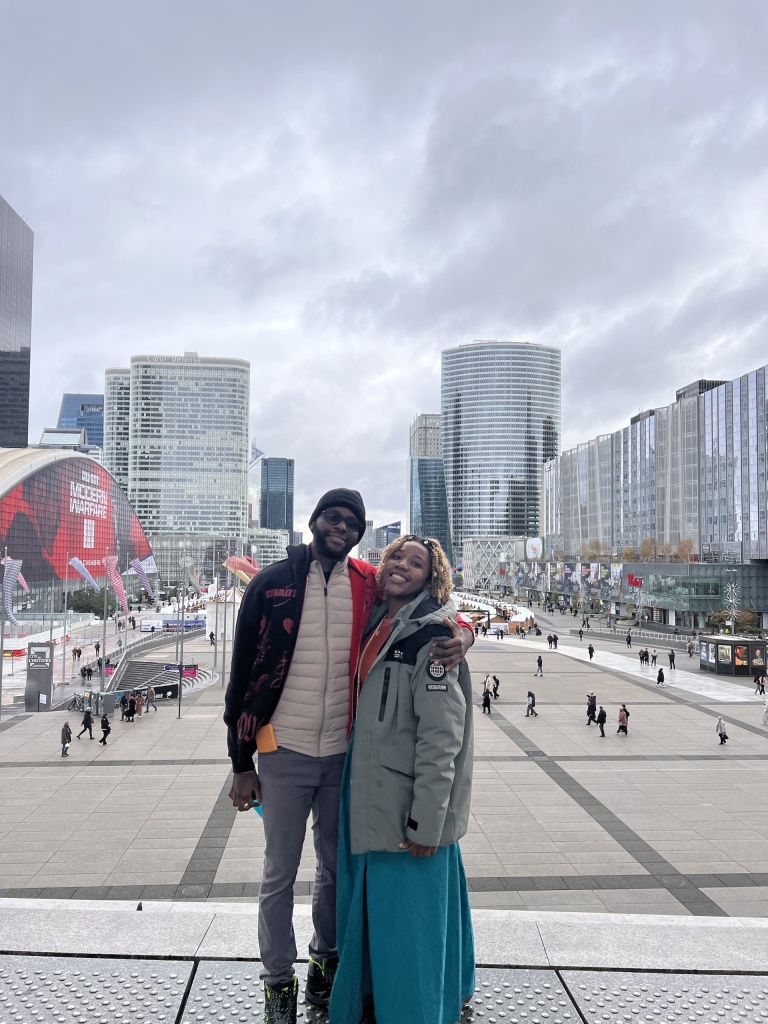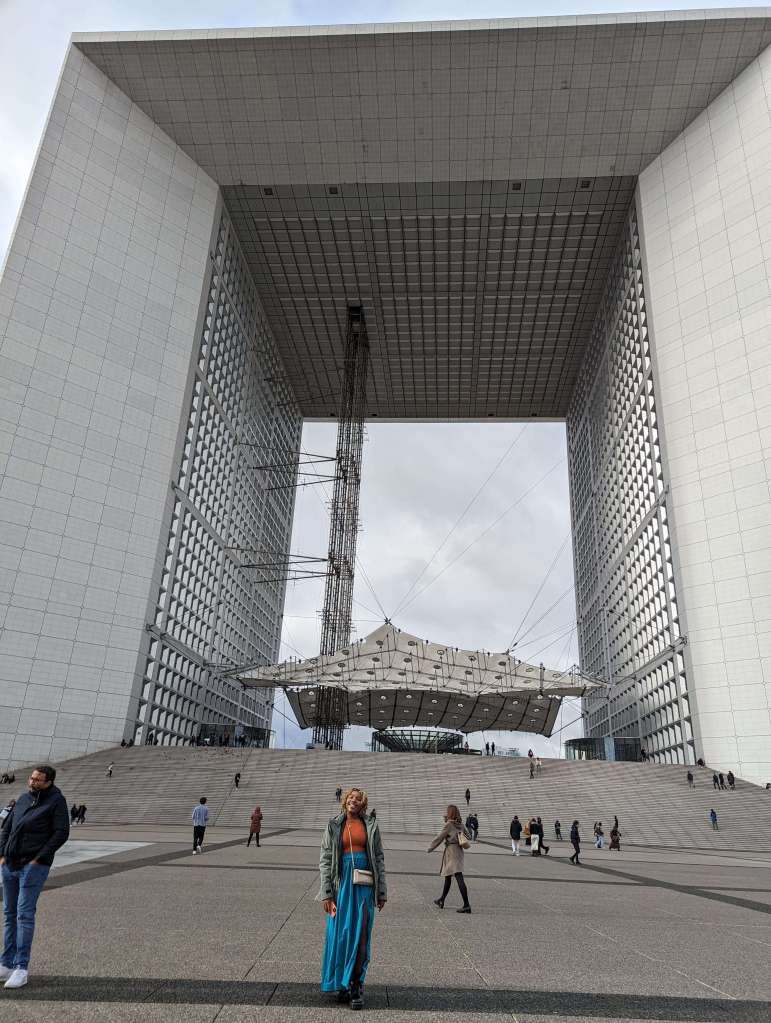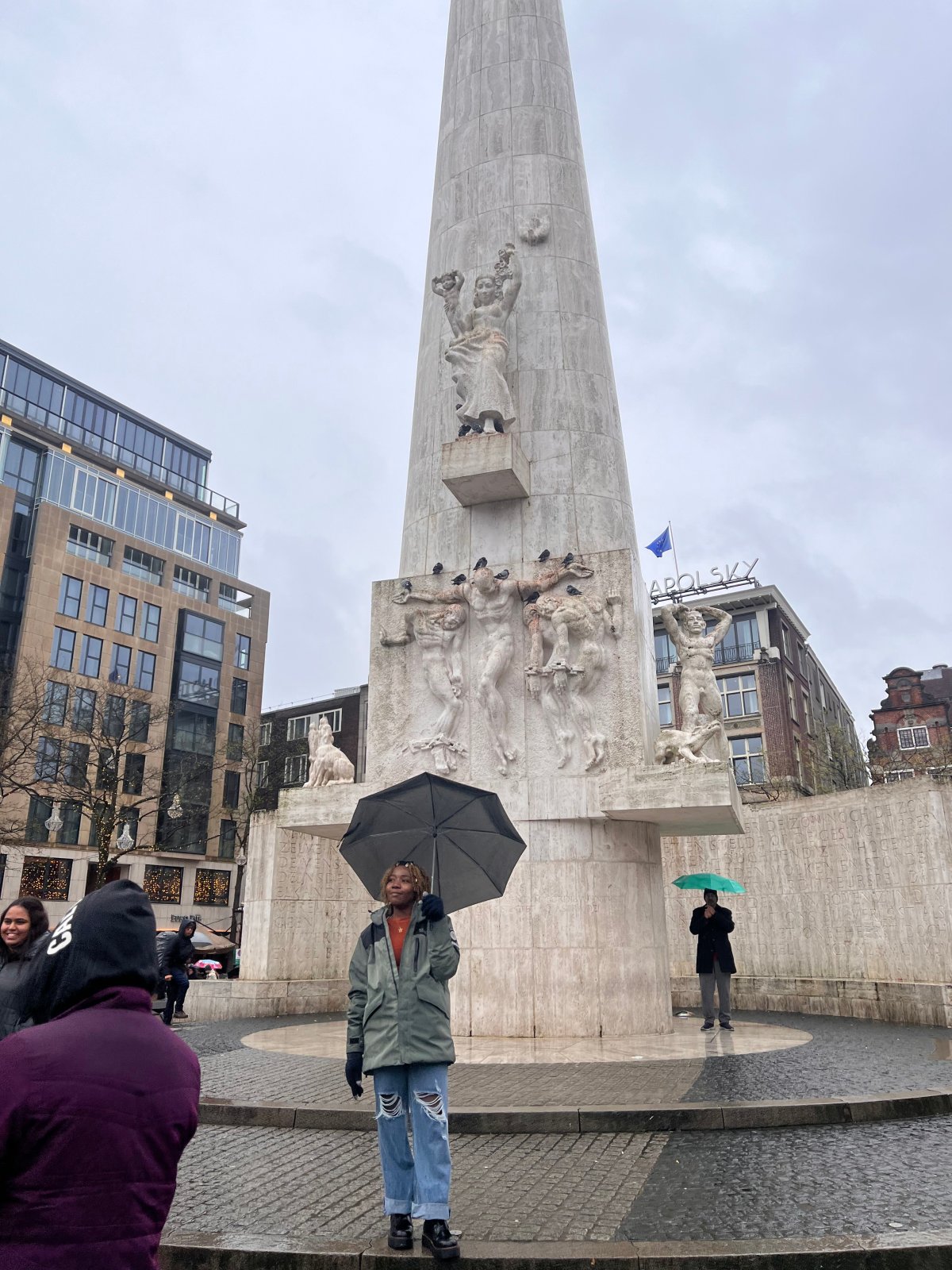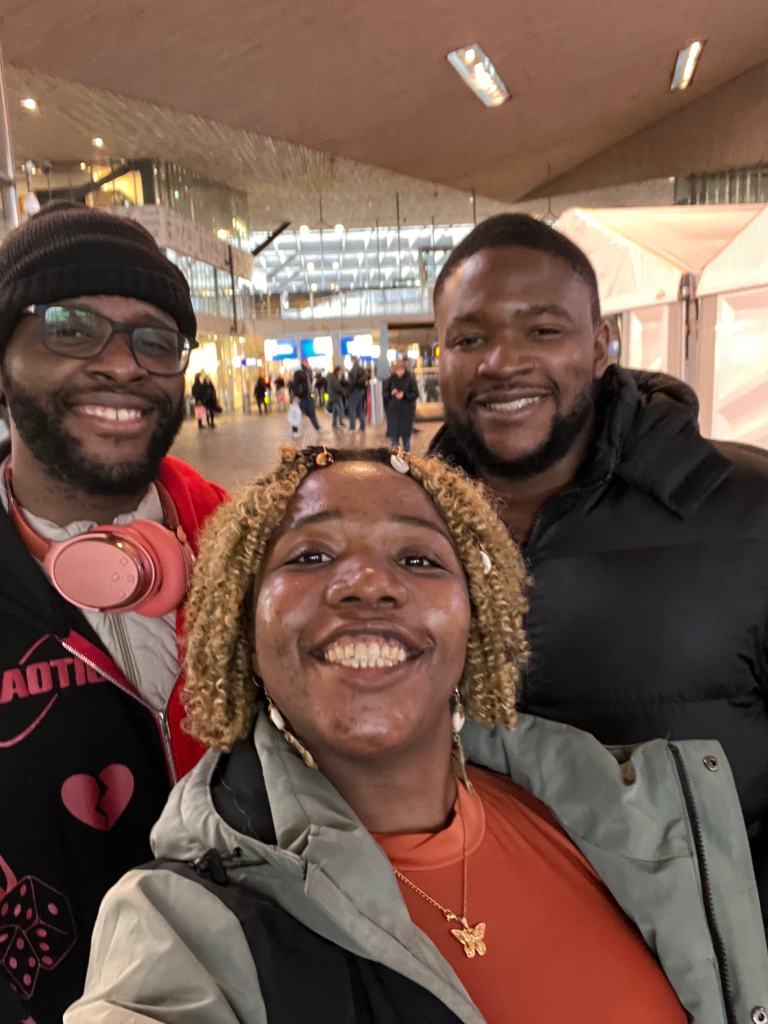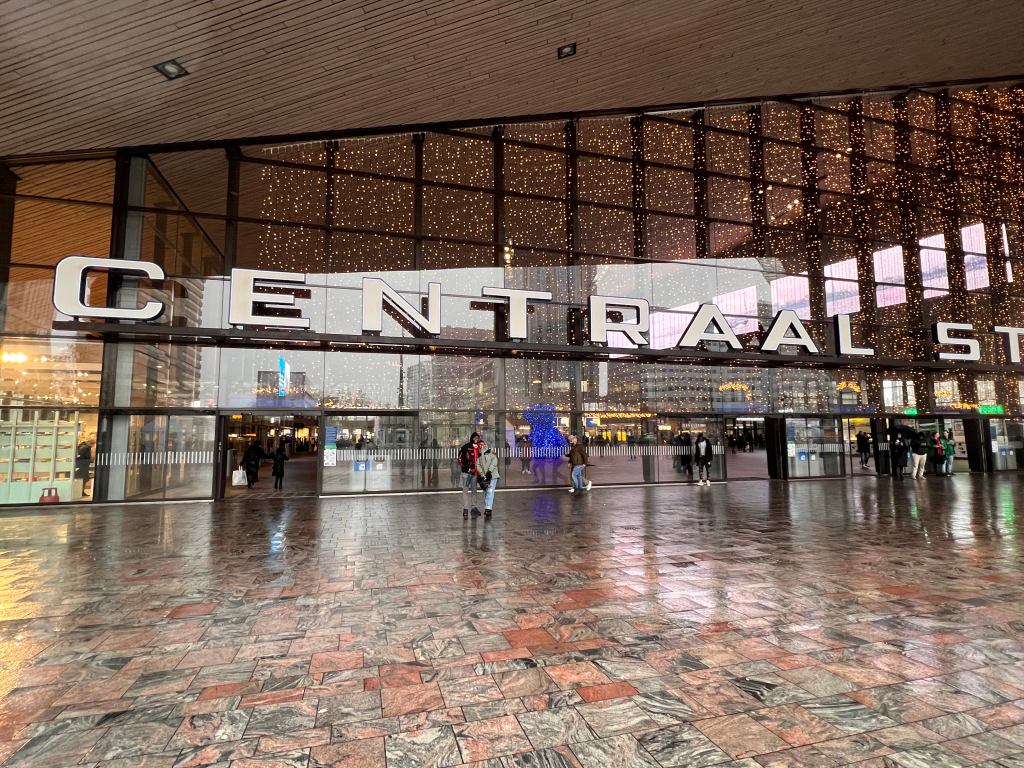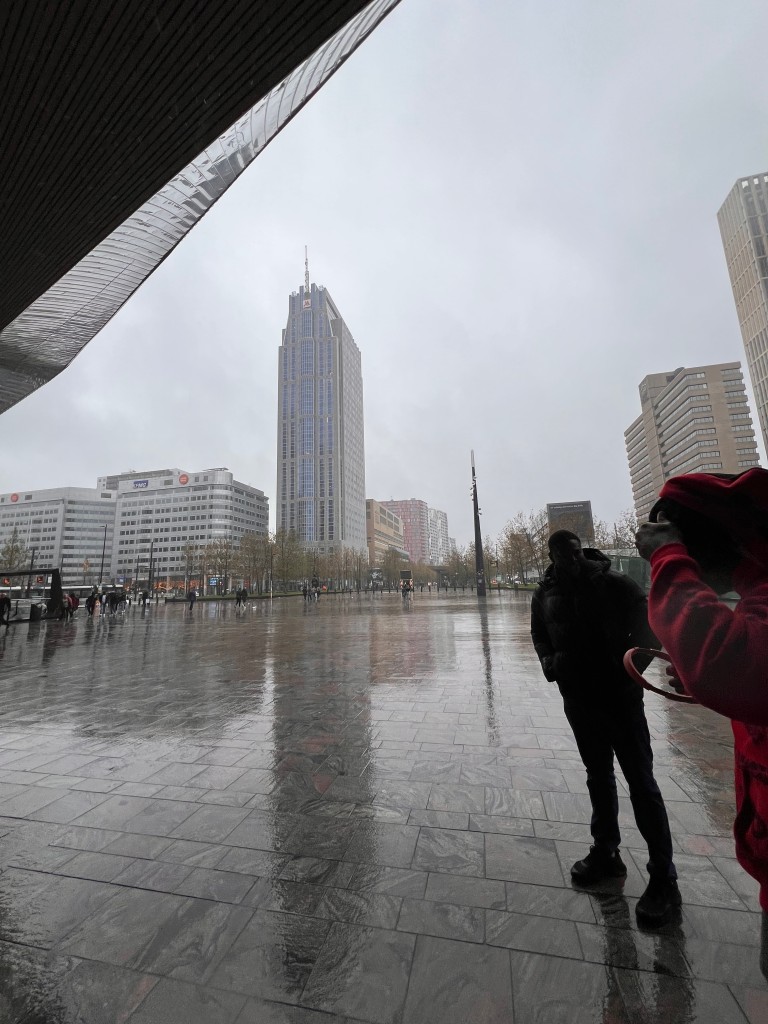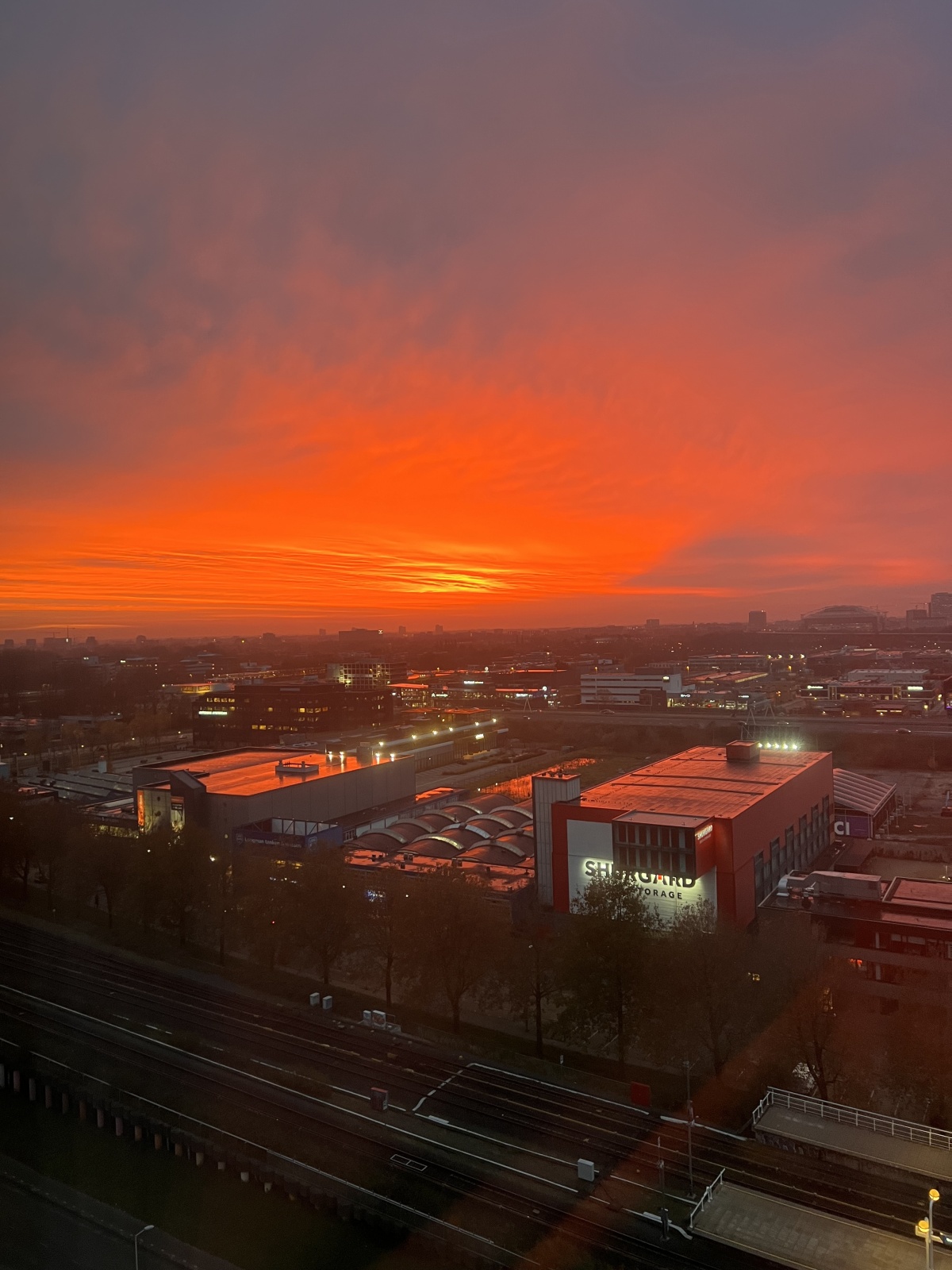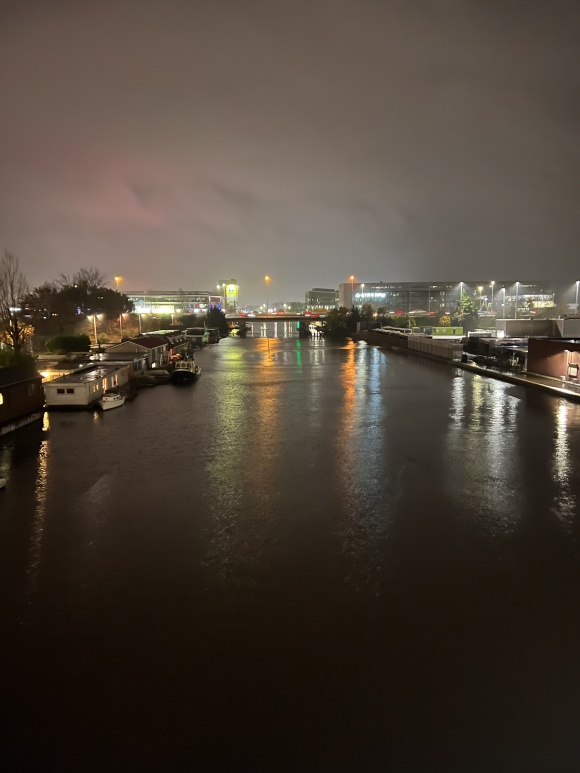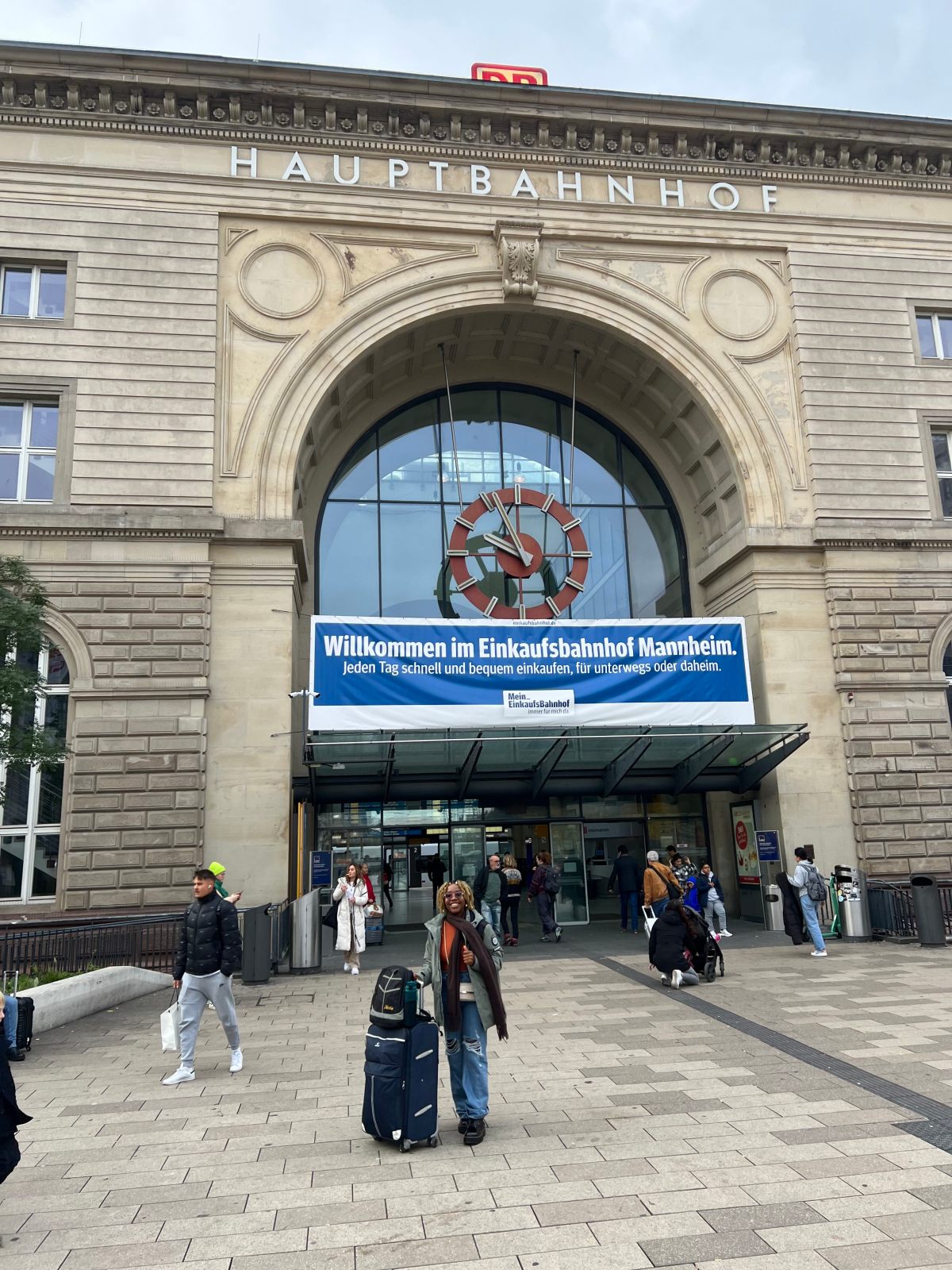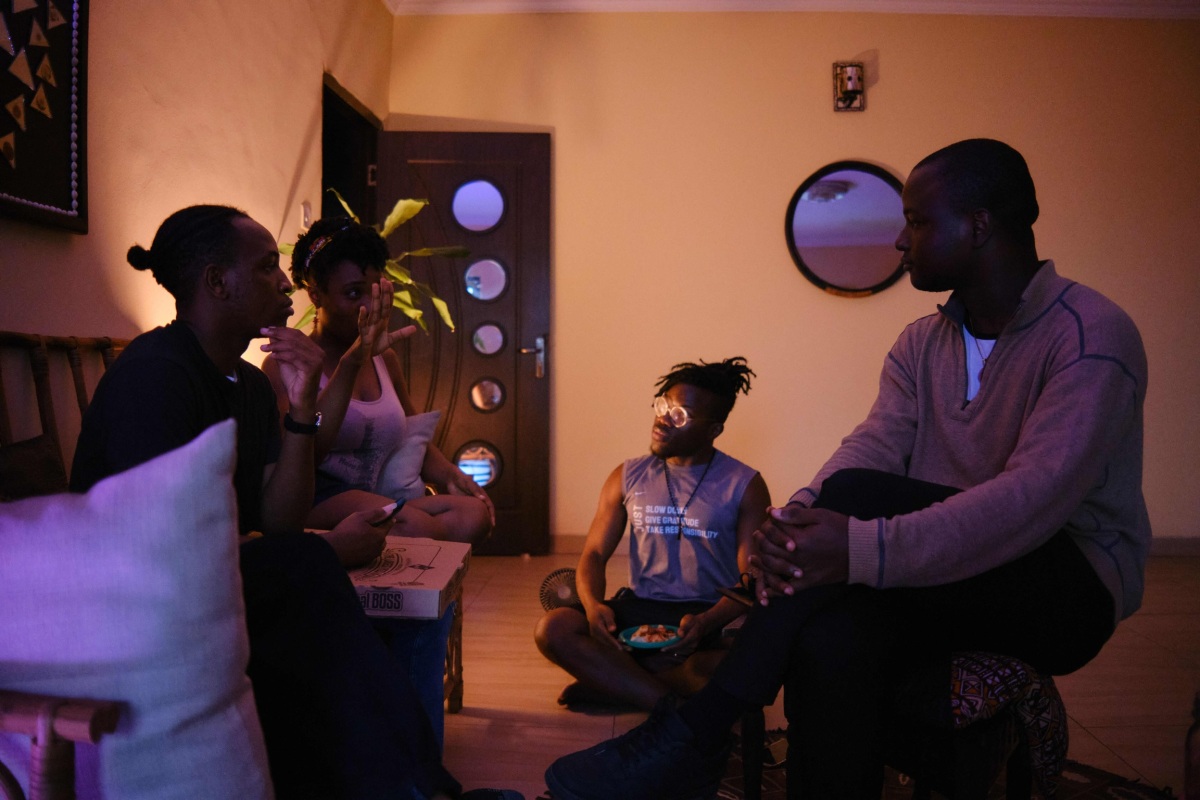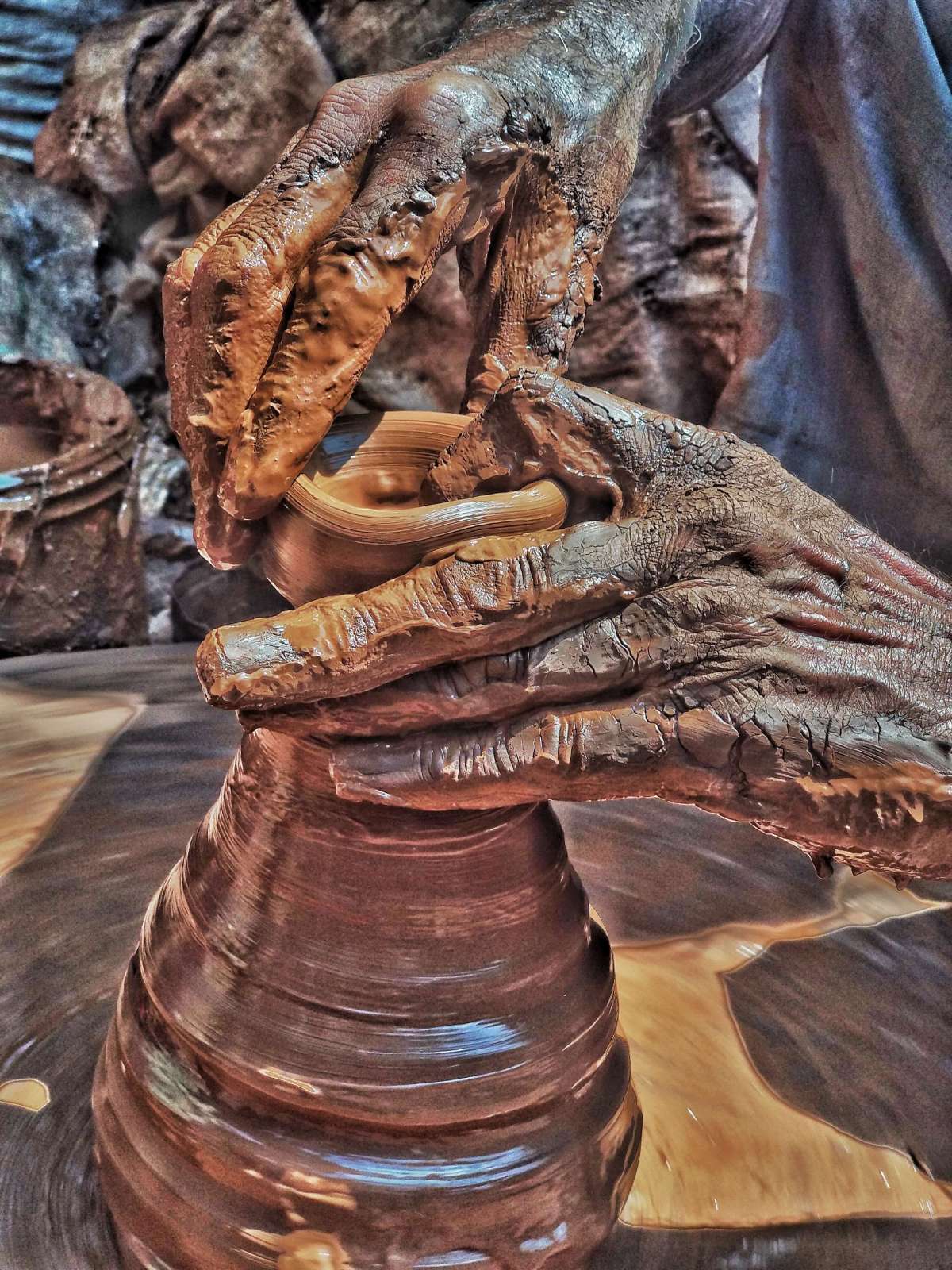There’s an Igbo saying — ‘Agaracha must come back,’ which translates to ‘the wanderer must come back.’ I have been on a sojourn in Europe, travelling to Germany, Amsterdam, and Paris, and I’m back to my life in Lagos. Although, Agaracha may not apply in this case, as the phrase is often used for people running away from something—sometimes, their responsibilities.
I am thankful for these experiences. I am grateful for people—the humans I met—the lives I have touched, and the people who have inspired me. I am thankful for the food I ate that nourished me, the places that welcomed me, the ecstasy, joys, apprehension, loves, and friendships.
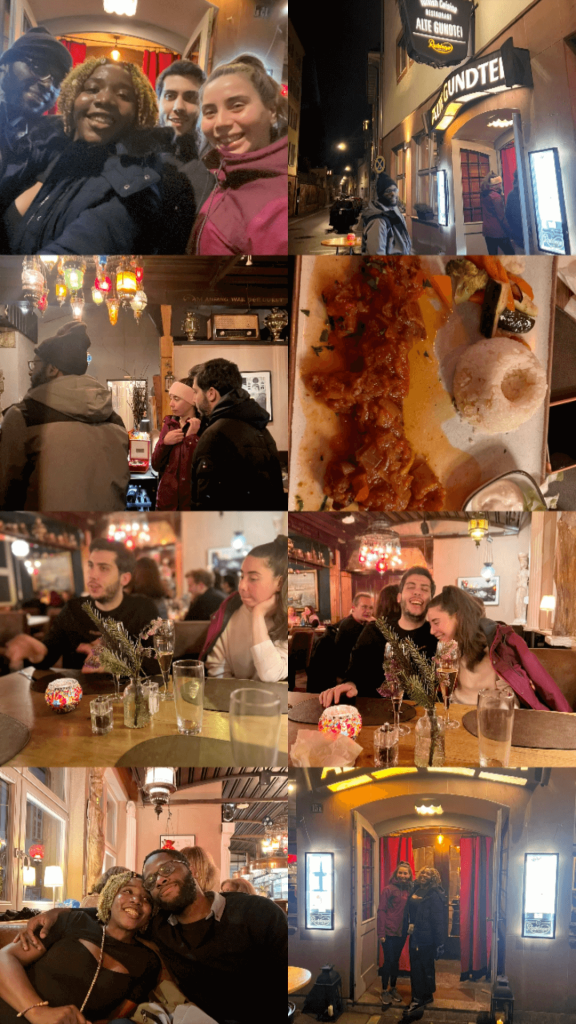
Last Wednesday, we met with some friends—Hüseyin and Tuba from Turkey. Hüseyin, who had come to Germany on a work visa two years ago, was advancing in his English. He spoke slowly, his eyes reflecting a genuine curiosity about the person he was engaging with. I appreciated this and thanked him for his thoughtful questions. The previous Saturday, I had a meeting that did not go as envisioned. Although I was looking forward to it, when dissimilar energies do not sync, they collide. You notice the intent in the questions asked—in the auras exhibited. I felt treated not as a person but as an object of interest. For a moment, I felt sad but grateful for that experience regardless.
However, Tuba, on the other hand, felt very shy, and her cheeks were the colour of crimson when she whispered her Turkish to Hüseyin, who then translated to us.
I thought about how our lives felt so similar in that instant – Hüseyin feeling lacking about his command of English because of his perceived shortcomings with English, and me sharing about my journey with the English language, the tribes in Nigeria and the differences in the languages we speak, even though the official language is English. I shared that even the native speakers often feel challenged expressing themselves and that Hüseyin was doing good.
He had something he could use to his advantage—a new language that he could learn very well, including its structure and grammar usage. Most native speakers don’t even know how to apply the logical structure of the language well.
I thought about how Hüseyin reeled his audience in, making them hang onto every word he spoke. How could that be for me if I expressed myself in a different language like Deutsch?
I compared my feeling at that moment with the other conversation and factored in what I felt—safe.
Safety with the people around me. Safety in the conversation because nobody was there to judge me. I thought about where I had felt this way aside from my experiences with friends and family, and the framework of intention community came to mind.
Our lives felt so intertwined at that moment—Shalvah, Hüseyin, Tuba, and I. I reflected on how language brings people together and how it may also be what separates us.
Ludwig Wittgenstein famously wrote in his Tractatus Logico-Philosophicus: ‘The limits of my language mean the limits of my world.’ I realised that without a shared language, my world might seem small. I cannot express myself in a language only I understand, so I learn phrases like ‘guten morgen,’ which allows me to extend a warm greeting to a German, thus bridging that gap.
It can feel lacking if I cannot express myself in one language, but I can express myself in other ways. Here we were, four individuals from diverse cultural backgrounds, each using the language of genuine intention and curiosity, communicating in the universal language of love.
‘If I speak in the tongues of men and of angels, but have not love, I am only a resounding gong or a clanging cymbal.’
1st Corinthians 13:1
During my tour in Amsterdam, the tour guide shared, ‘What creates separation is war, language, religion, and the like, because we cannot understand each other. But what brings us together is love.’
Her statement felt so fitting, as the group featured someone from the UK, another from the USA, another from Spain, and many others from different parts of the world. I, Nigerian, was there from Germany, but we were gathered in one interest—to learn more about Amsterdam.
Of all the stories I heard about the misunderstanding and the wars fought, one thing was constant—a lack of love.
Also, the constant in mending these wars was a return to love; here, we read about rulers joining in marriage to forge alliances and make peace treaties.
At the table with Hüseyin, Tuba, and Shalvah, love was the constant in our conversation. I felt so grateful and made a pact to continue to seek love in my interactions and relationships.
On the table was a candleholder. We were in a Turkish restaurant, and had just had the best meal—Ezmeli Kebab—a Turkish meal comprising meat, salad, stew, yoghurt, with a side of rice. Our faces wore the expression of contentment. At the time, nobody was speaking, as we had expressed to our heart content. Silence felt golden and comfortable. The waiter had gone to get our dessert. And then Hüseyin raised this candleholder to his eye, observing it so intimately, and commented on how everything in the restaurant was Turkish, but this object. It was Chinese, he said. And it felt so chilling.
I looked at the candleholder—a colourful object made of mosaic glass pieces that created a vibrant pattern, glowing warmly with the candlelight from within. Its glow cast a warm radiance over the table, its light equally matching the brilliant colours emanating from the chandeliers in the restaurant, fitting the ambience so naturally. I reflected on how that candleholder was like me, and even though it was not from Turkey or Germany, it felt right in that restaurant.
Something that seems out of place may not really be out of place but can fit so well with the others because of its purpose in that instant. One thing that connects us is our stories; our stories are a conglomeration of the experiences we’ve come in contact with.
I was in the right place being with Shalvah, Hüseyin and Tuba in Alte Gundtei in the Old Town of Heidelberg, Germany. Meeting different people and learning their stories, I was whole, and my story was complete before I came to Europe, but it was also complete because of this story and experience exchange with the people I’ve met. I leave a piece of myself behind with the people and places I’ve come in contact with; they have also left bits of themselves with me. And that in itself is phenomenal!
